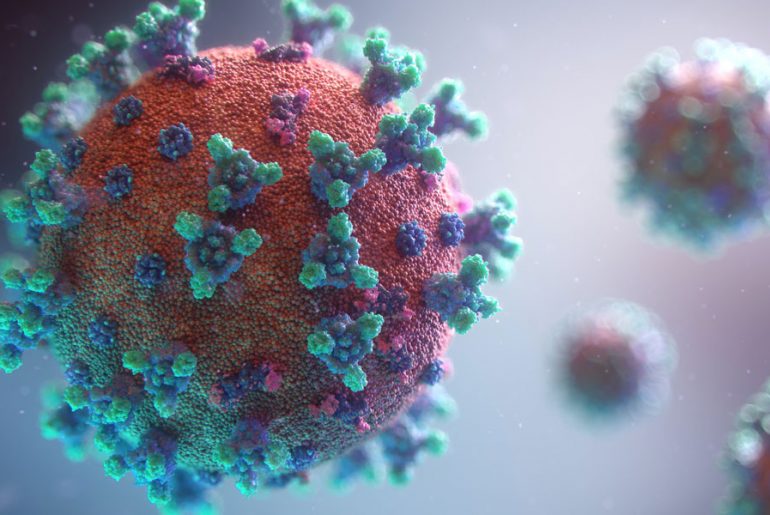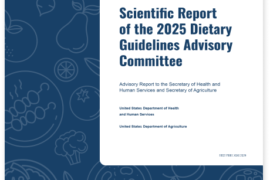As the world grapples with the novel coronavirus (SARS-CoV-2) pandemic, more than 100 scientists and conservation leaders from 25 countries are calling on governments across the globe to address high-risk wildlife trade.
While it has been speculated that a wet market in Wuhan, China may be the source of the contagion that as of May 4 has been attributed to the deaths of 243,465 people and 3,510,941 confirmed cases of infection around the world, it should be pointed out no direct proof of this supposition exists and that there is growing suspicion that the virus could have leaked from the Wuhan Institute of Virology.
Already in January The Lancet, a highly regarded peer-reviewed medical journal, cast doubt on contentions that the coronavirus outbreak originated at the wet market by noting: “Exposure history to the Huanan Seafood Wholesale market served as an important clue at the early stage, yet its value has decreased as more secondary and tertiary cases have appeared.”
In any event, signatories to the joint letter to decision-makers maintain that the Covid-19 respiratory disease is caused by a zoonotic virus transferred from animals to human beings, and that there is a real risk of future pandemics if no action is taken to reduce high-risk wildlife trade – especially in certain species of mammals and birds, which are more likely to host pathogens that can be transmitted to humans. High-risk situations where many animals, domestic and wild, dead and alive, from a variety of geographies, come into close proximity with one another and people in potentially unhygienic conditions pose a very high risk for disease spillover. These areas include wet markets that sell freshly slaughtered animals, fish and exotic wildlife, cold storage warehouses and transport hubs in densely populated areas.
Experts signing the letter, who hail from across nations, sectors, scientific disciplines and civil society, agree that policy makers should take the following steps to reduce the chances of another pandemic:
- Shut down high-risk wildlife markets, with a priority focus on those in high-density urban areas
- Urgently scale up efforts to combat wildlife trafficking and halt trade of high-risk taxa
- Strengthen efforts to reduce consumer demand for high-risk wildlife products
The letter brings together leaders in the fields of conservation, public health and zoonotic disease as part of the growing One Health movement that recognizes how human health is closely connected to the health of animals and the environment shared by mankind and other creatures. Signatories include globally recognized One Health experts from the EcoHealth Alliance, the University of California-Davis, the Southeast Asia One Health University Alliance and Cornell University; the minister of health of Bhutan; a former secretary-general of the Convention on International Trade in Endangered Species (CITES); and leaders from the National Wildlife Federation, Wildlife Justice Commission and World Wildlife Fund (WWF).
The letter can be found in multiple languages on the website www.PreventPandemics.org, and additional experts are invited to sign it through the website.
Marco Lambertini, Director General of WWF International, said: “The recent Covid-19 pandemic is yet another manifestation of our dangerously unbalanced relationship with nature. Looking at the root causes of previous pandemics that originated from animals, we knew that it wasn’t if a new pandemic would emerge, but when. To prevent future pandemics, trade and consumption of high-risk wildlife must be eliminated, and deforestation and environmental degradation leading to an unbalanced human/wildlife interaction tackled decisively.”

Keith Martin MD, PC and Executive Director of the Consortium of Universities for Global Health in Washington, DC, stated: “We all need to speak out and engage elected officials to implement policies that will reduce demand for, and the trafficking in, endangered species. Close those wildlife markets that have been identified to be high-risk conduits for disease transmission; and bolster the Global Health Security Agenda, which will strengthen the international community’s capacity to prevent, detect and respond to disease outbreaks.”
Meanwhile, Dr. Antony Fauci, head of the US National Institute of Allergy and Infectious Diseases and a lead member of the White House Coronavirus Task Force, upon hearing that many wet markets temporarily closed in China have reopened for business, recently remarked:
“It boggles my mind how, when we have so many diseases that emanate out of that unusual human-animal interface, that we just don’t shut it down. I don’t know what else has to happen to get us to appreciate that.”






